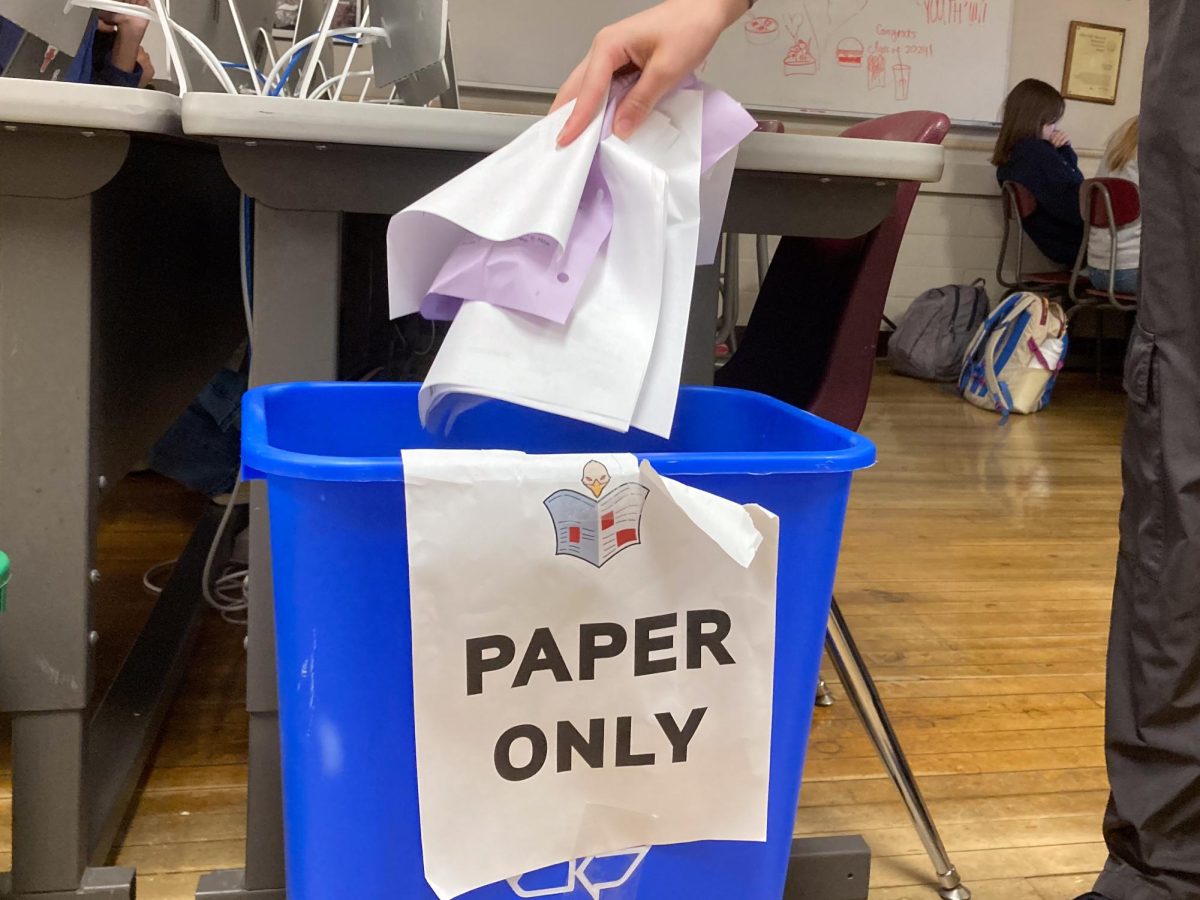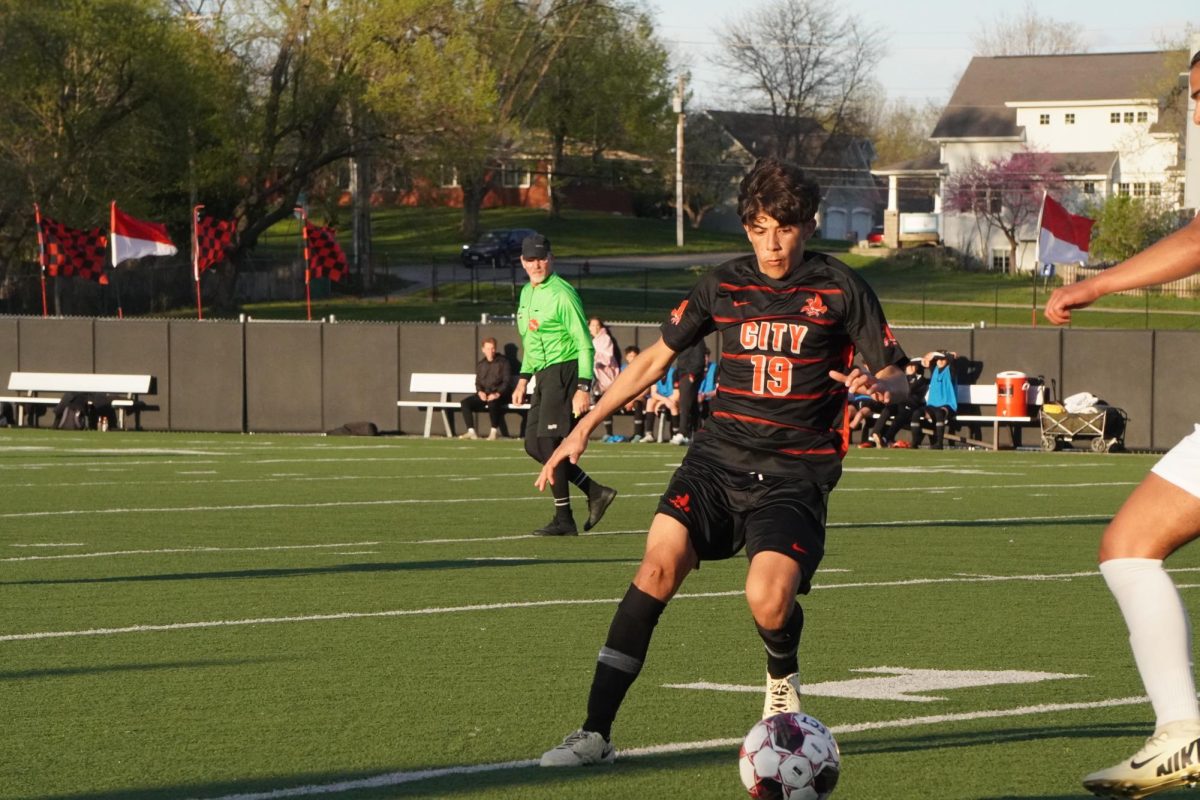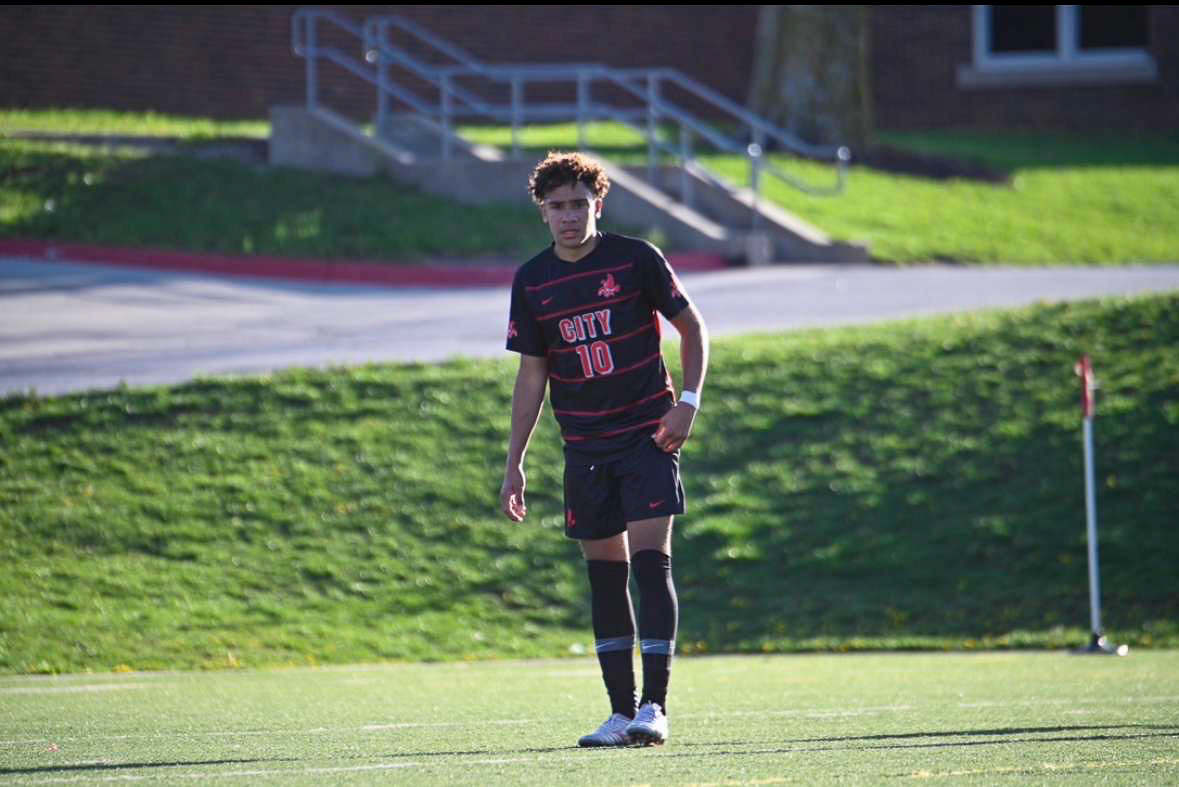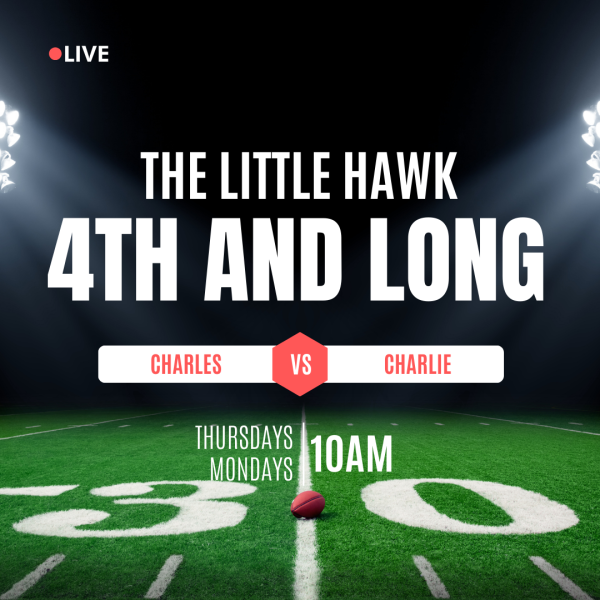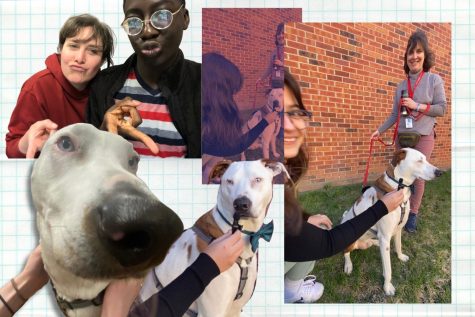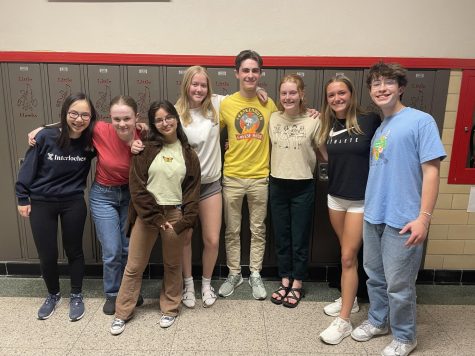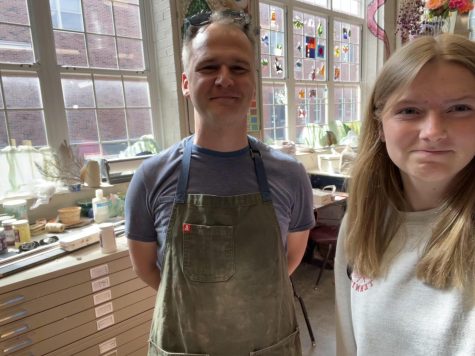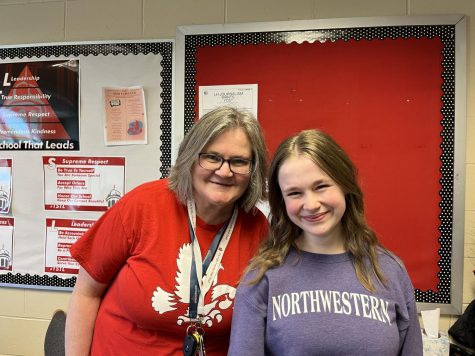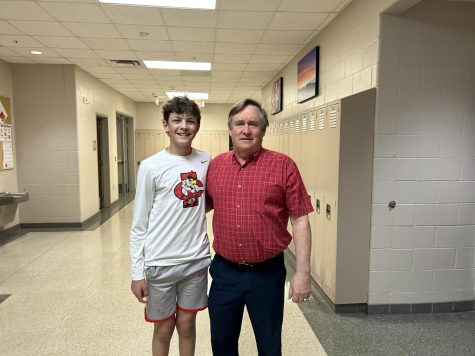Keeping Our Internet Ecosystem Green
February 13, 2018
Social media is a way of life for us in this day and age. Most teens have various social media accounts. Platforms like Twitter and YouTube are frequented by millions. Internet stars have developed on these platforms, gathering followers, fame, fortune, and influence on young people’s lives. It’s time the content they post is evaluated and properly regulated.
Recently, many platforms have faced problems with censorship, particularly YouTube. The platform’s biggest star, PewDiePie, was attacked for posting anti-Semitic jokes and Nazi imagery. Later came the discovery of channels dedicated to videos featuring exploited children in revealing clothing, which had managed to dodge YouTube’s child safety guidelines. Most recently, vlogger Logan Paul faced backlash after posting a video in which he filmed the body of a suicide victim in Japan.
That this content can be uploaded and seen by millions of viewers is unacceptable, especially since the majority of subscribers to these channels are young people. (Logan Paul’s 15 million subscribers are mainly white females from age 11 onward.) Our society is powered by the Internet. It is our primary source of news, entertainment, and communication. But, as the old saying goes, “you are what you eat.” By this logic, the content that is allowed on the Internet should not be inappropriate, hateful, or insensitive. Society is conditioned by what is promoted online. An onslaught of harmful media will affect our younger generations, desensitize us to hate, and promote a world of indifference. In other forms of media, regulations are already in place to prevent this. The Federal Communications Commission has a policy prohibiting profanity on public television. Anti-Semitic and racist content could never be aired on television, so there is no reason it should be posted online.
Freedom of speech is one of the most critical parts of our Constitution. But it’s common sense that freedom of speech means the freedom to express oneself, not the freedom to harm, be a bigot, or instigate hatred with volatile opinions. In society, there are general rules–you can’t just walk into a room and make a Nazi joke without knowing it’s inappropriate, and it’s widely agreed that explicit racism isn’t something one can exhibit without facing severe consequences. Why should these rules not apply online as well?
The veil of anonymity provided by the computer screen allows individuals to express inflammatory opinions without consequences and, in the process, find other people online who share those opinions to spawn a digital clan of savagery. Freedom of speech is not an invitation to be a public menace, and it has become too easy for barbaric behavior to slide online.
The problem is, YouTube does have protections and regulations set up, such as child-restrictive mode, flags, and “strikes” against users who post harmful content. So why did Logan Paul’s video, which was reportedly reviewed before it was posted, get 6 million views before it was taken down? The answer is the critical flaw in artificial intelligence. An algorithm can distinguish offensive words or images, but lacks a moral code or any ability to judge using ethics. YouTube hosts 1 billion active users each month, and with 300 hours of video uploaded to the site every minute, it does seem that artificial intelligence is the only realistic or feasible method of regulation. But still, heavier guidelines must be set in place. Perhaps an algorithm could detect certain words, images, or tags, and these filtered videos could be reviewed by real people before being posted. Stricter punishments against users who abuse the terms of agreement, such as suspension, could help as well.
In the end, the Internet is the primary way we connect, learn, and grow. Just like our natural environment, it should be a healthy, civilized place where rules and freedom do not contradict each other, but maintain order. And just as the Internet has dark corners and harmful content, real life isn’t perfect. But we can, and always should, try to do better.

